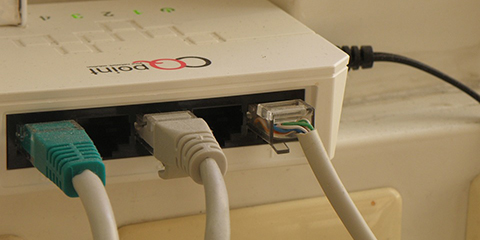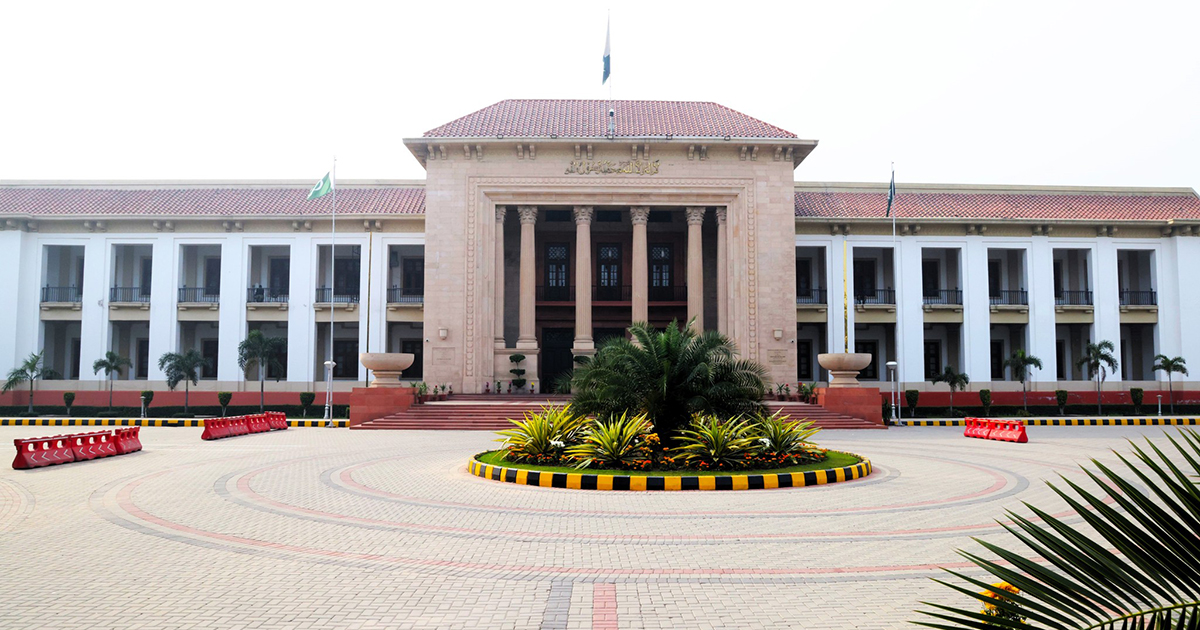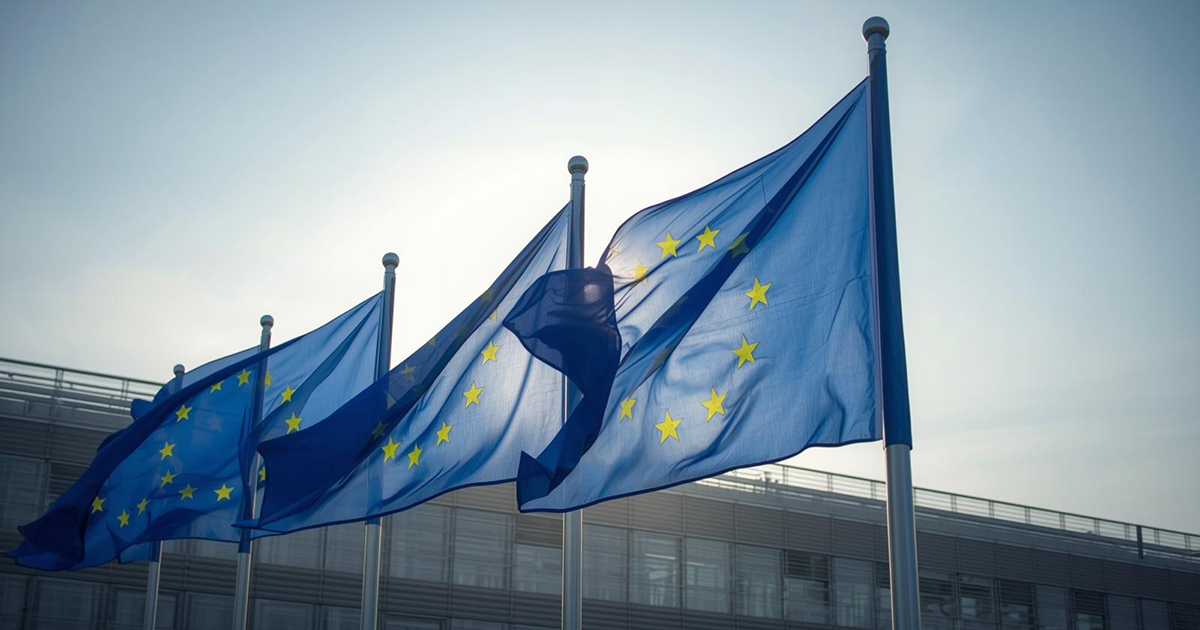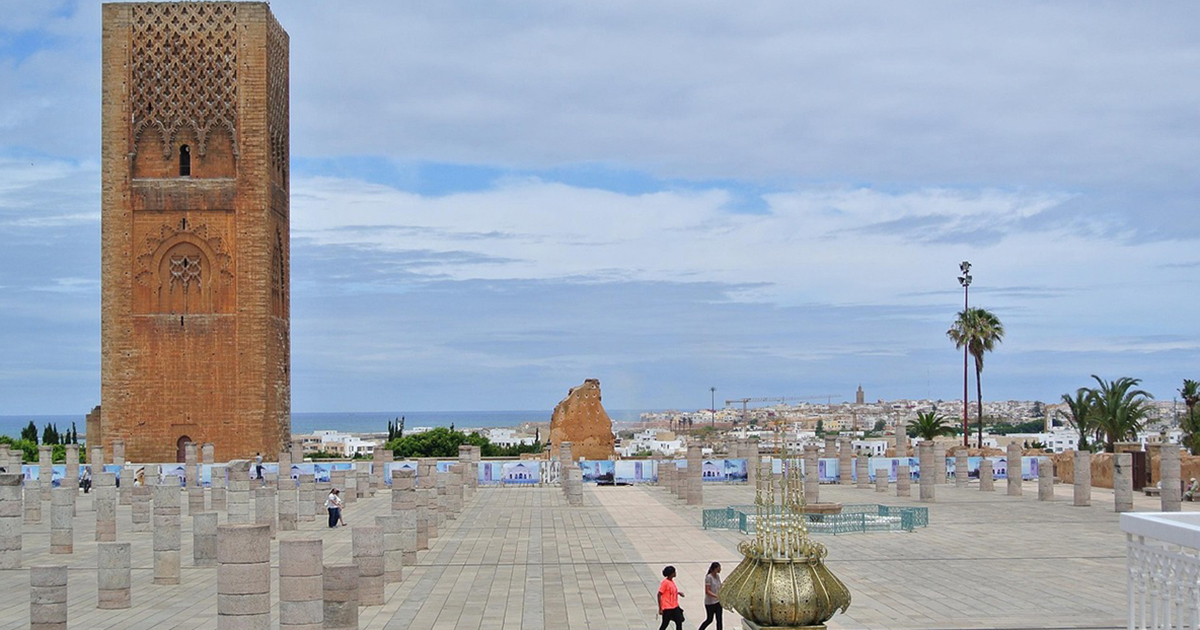Stakeholders demand meaningful consultation for Internet governance in Pakistan
JournalismPakistan.com | Published last year | Media Release
Join our WhatsApp channel
ISLAMABAD—Pakistan is the 7th-largest population of internet users in the world having more than 138 million users of 3G/4G internet users. Millions use several digital platforms for multiple purposes including access to and sharing information. However, the majority remains absent from the discussion and debate for an enabling environment for public discourse on freedom of expression, access to online information, and governance reforms in digital media platforms of Pakistan.
This was highlighted during a multi-stakeholder national consultation, jointly organized by UNESCO and the Institute for Research, Advocacy and Development (IRADA), to formalize a constructive dialogue on UNESCO Guidelines for the governance of digital platforms to create a conducive environment for public discourse on freedom of expression, access to online information and governance reforms in digital media platforms. The participants highlighted the need for digital and information literacy/ MIL and collective actions for the realization of digital rights in the country.
The national consultation was inaugurated by Antony Kar Hung Tam, Officer-in-Charge, UNESCO Office in Pakistan. While delivering his inaugural speech, Mr. Antony Kar Hung Tam emphasized that there is an urgent need to tackle disinformation and harmful content online while safeguarding fundamental rights, particularly freedom of expression and access to information. "To achieve this balance, shared responsibilities and collaborative efforts from all stakeholders is needed."
Chief guest for the national consultation, Muhammad Shahzad, Director General, Centre of Digital Communication, Ministry of Information and Broadcasting, Pakistan, said that balancing hate speech and disinformation with legitimate discourse should be an utmost priority for stakeholders. Ahmed Shamim Pirzada, Director General of the Web Analysis Division at PTA also gave opening remarks at the event and stressed how concerns around digital governance are a global issue and not just limited to Pakistan, which is why we must work together to find solutions.
The national consultation aimed at forging a multistakeholder advocacy forum to advocate for the implementation of the recommendations collected through the provincial consultations, along with developing an evidence-based approach to carve out a path for global dialogues complemented by regional-specific concerns on the governance of digital platforms.
The national consultation was preceded by four provincial consultations that helped collate recommendations from various stakeholders for the governance of digital media platforms in Pakistan with respect to internet freedom, human rights, access to information that were further discussed and refined in the national level consultation.
Through these multi-stakeholders consultations, UNESCO and IRADA have also collected stakeholders-wise recommendations and developed a roadmap for effective implementation of the Guidelines for the Governance of Digital Platforms, enabling the environment for the exercise of fundamental freedoms and digital rights of citizens.
The UNESCO Guidelines for Governance of Digital Platforms emphasize the need for an enabling environment to safeguard freedom of expression, access to information, and other human rights while ensuring a safe and open digital space. The guidelines outline the roles of various stakeholders: states must respect and protect human rights, digital platforms should uphold human rights, and intergovernmental organizations, civil society, media, academia, and the technical community also play crucial roles. The guidelines propose a multistakeholder, human rights-based approach to platform governance, incorporating self-regulatory, co-regulatory, and statutory mechanisms. The guidelines also highlight media and information literacy and respect for cultural diversity as shared responsibilities and recommend that platforms have processes for content moderation, risk assessment, and accountability.
Representatives from academia, civil society, digital media, and journalists, discussed and presented recommendations for a national-level regulatory framework that aligns with the UNESCO Guidelines. These recommendations included increased cooperation between stakeholders, promotion of enhancing media and information literacy, call for better content moderation and curation by digital media platforms. The presentations were followed by a panel discussion that explored these recommendations in detail.

























